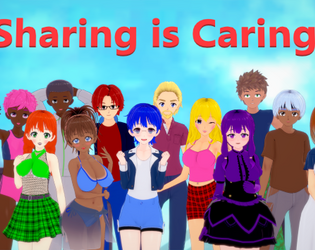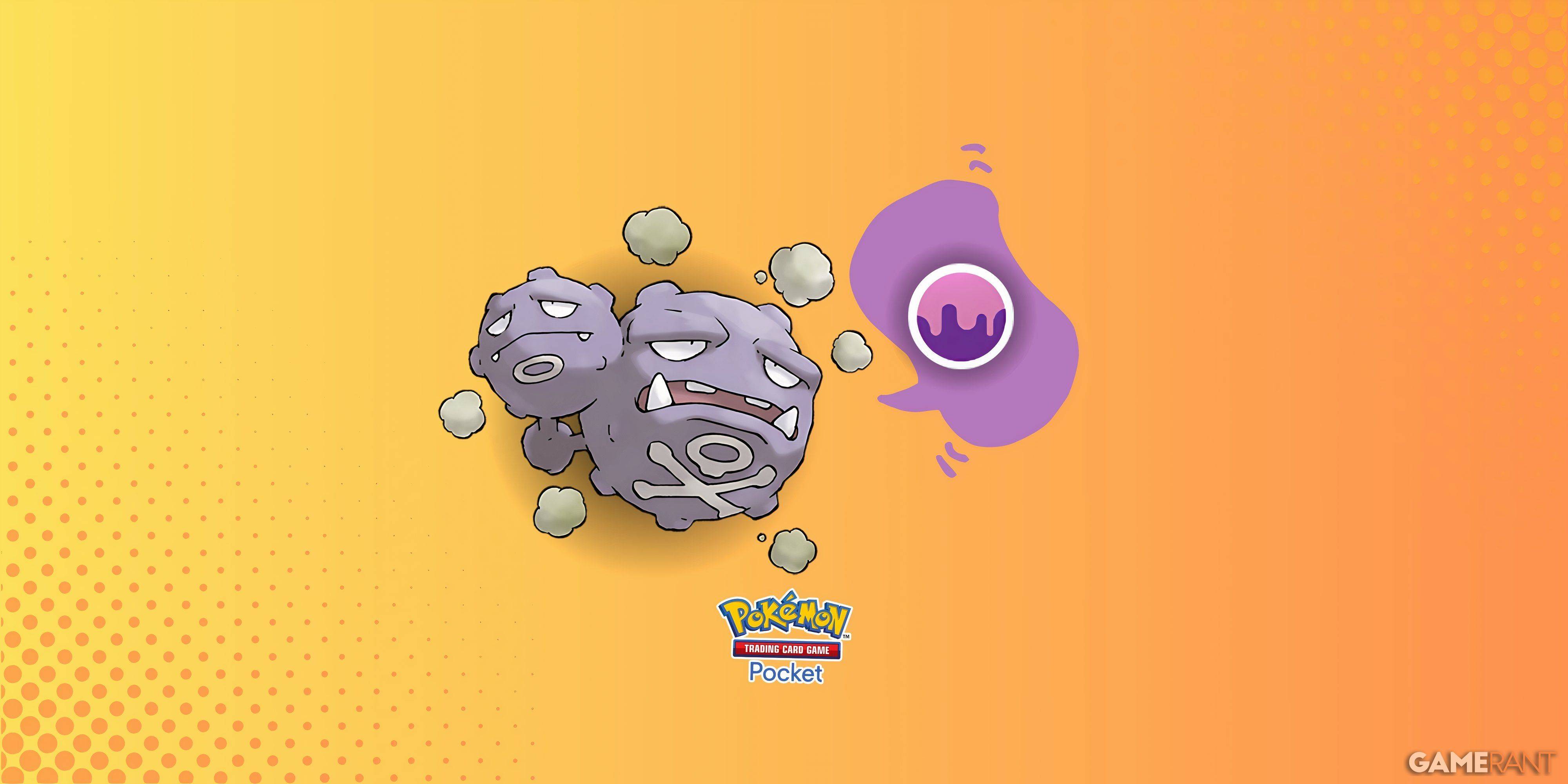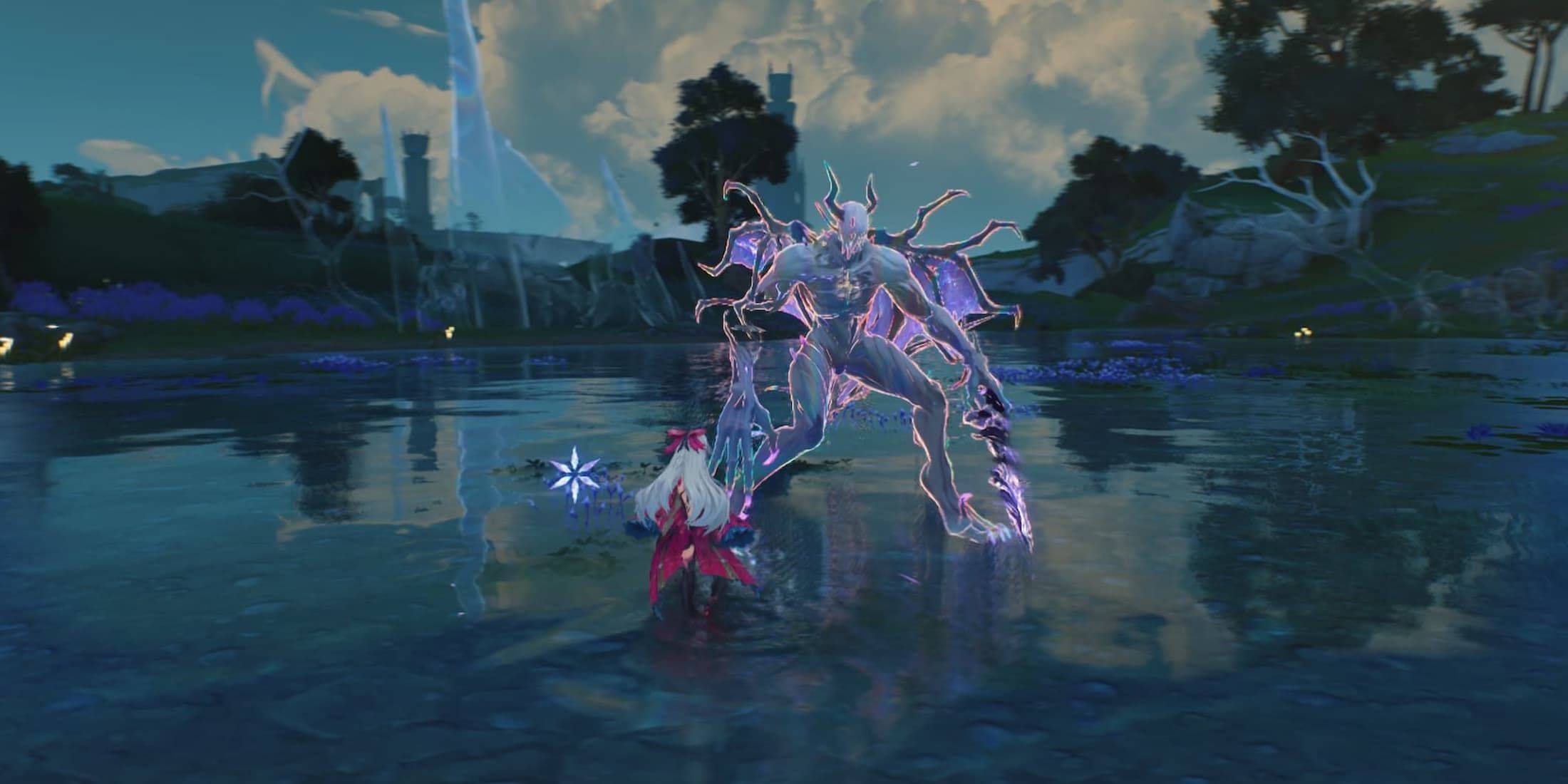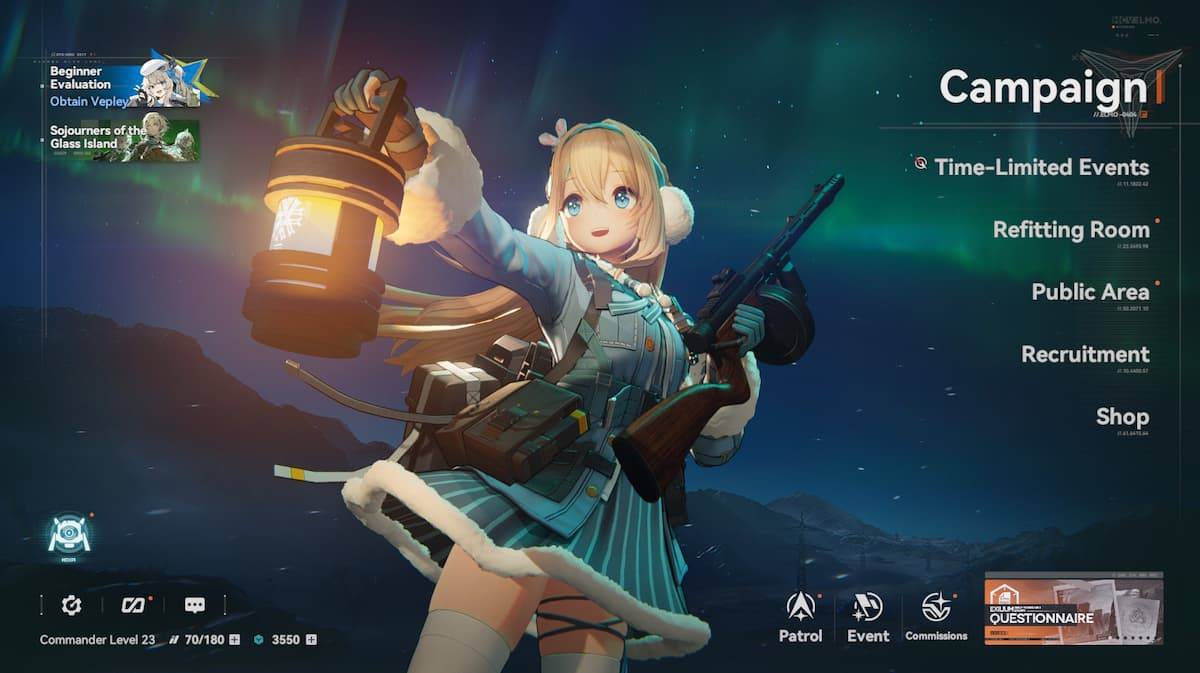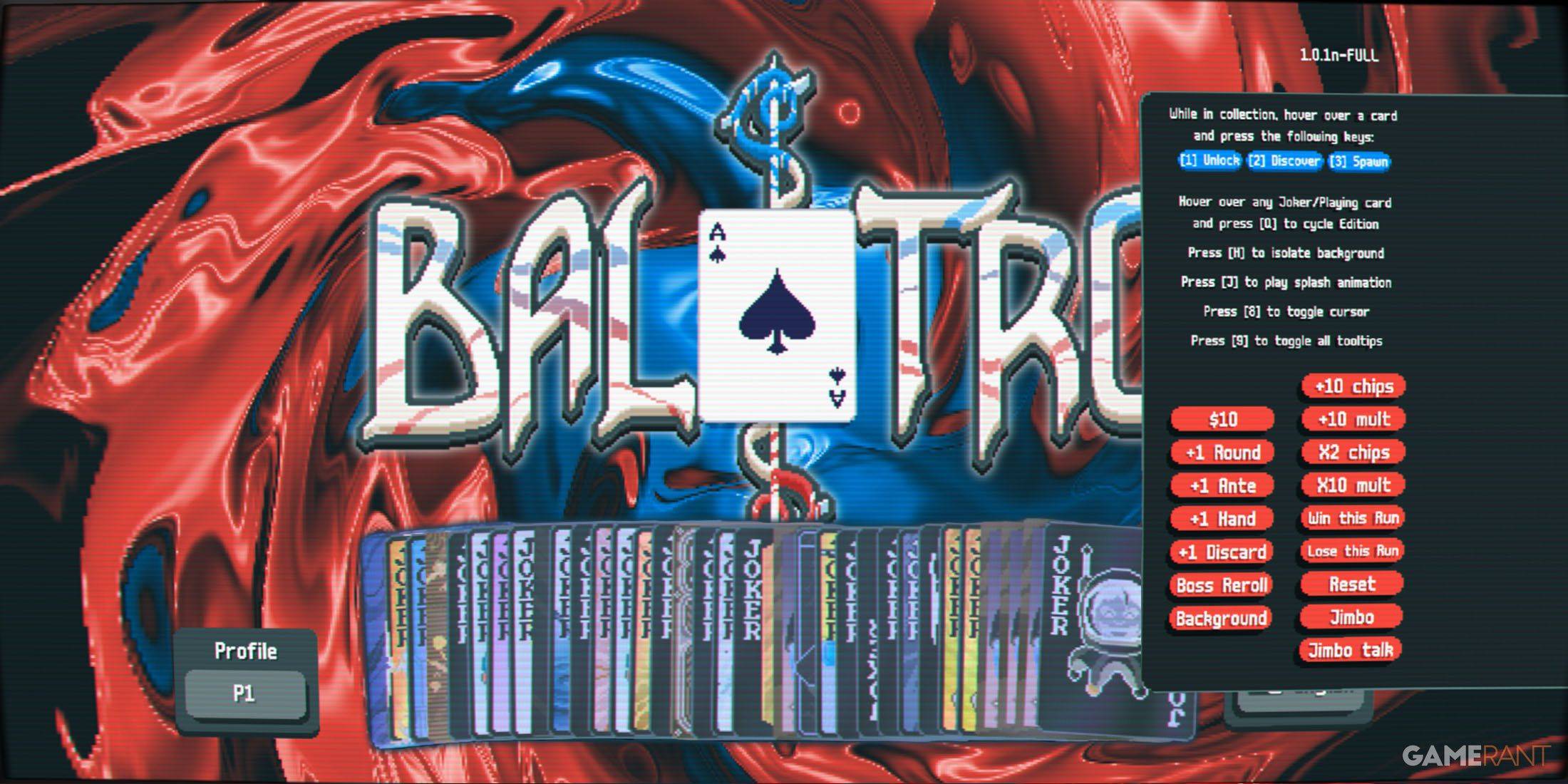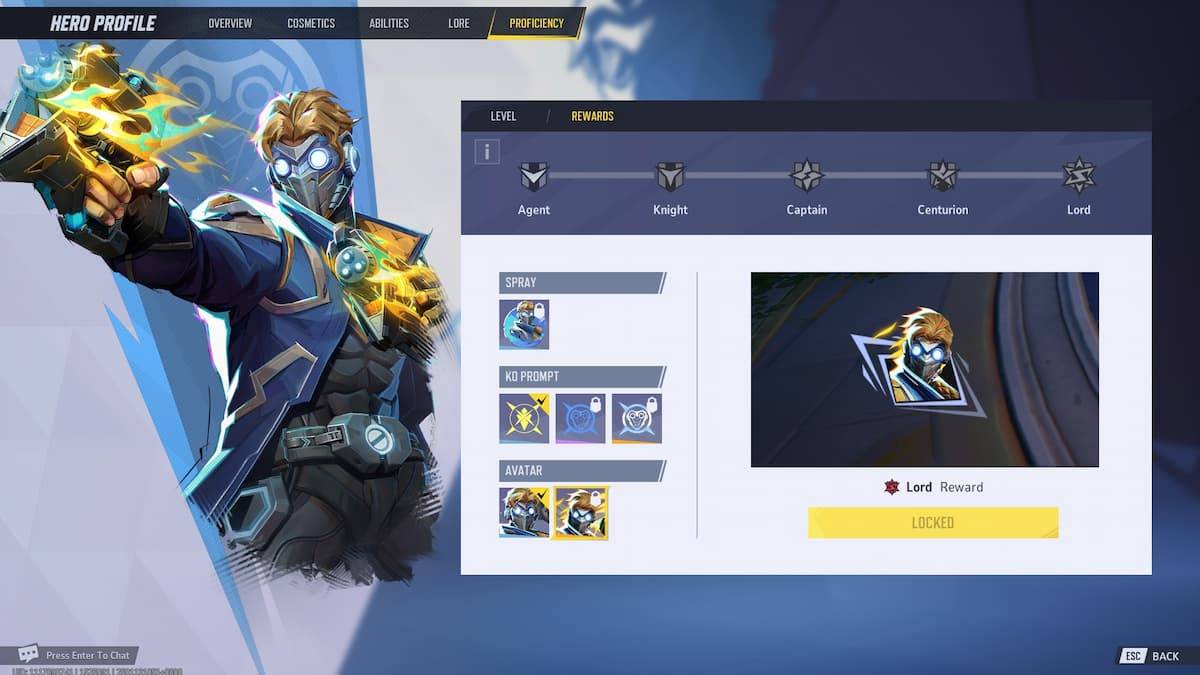EU Law Proposal Needs One Million Signatures for MMO Game Preservation

Ubisoft's decision to shut down The Crew has ignited a passionate response from the European gaming community, leading to the launch of a petition aimed at safeguarding digital purchases. Dive into the details of the "Stop Killing Games" initiative and its mission to preserve the longevity of multiplayer games.
EU Gamers Rally to ‘Stop Killing Games’
'Stop Killing Games' Petition Aims for One Million Signatures Within a Year
A significant movement is underway among European gamers, who are uniting to support a citizen's initiative focused on the preservation of digital purchases. The "Stop Killing Games" petition seeks to compel the European Union to introduce legislation that would prevent game publishers from making games unplayable once support is discontinued.
Ross Scott, a key figure behind the campaign, is optimistic about its potential success, noting that "the initiative aligns with existing consumer protection policies." Should the law be passed, it would apply solely within Europe. However, Scott hopes that such a move in a major market like the EU could inspire similar actions worldwide, either through legal frameworks or industry self-regulation.
Achieving legal status for this initiative is no small feat. It must successfully complete the "European Citizen’s Initiative" process, which requires gathering one million signatures from across various European countries within a year. To be eligible to sign, individuals must be European citizens of voting age, which differs from country to country.
Launched in early August, the petition has already amassed 183,593 signatures. With a full year to reach the target, the campaign is steadily gaining momentum.
The Initiative Seeks to Hold Publishers Responsible for Server Shutdowns

The Crew, an online-only racing game launched in 2014, became a catalyst for this movement when Ubisoft unexpectedly ceased its online services in March of this year, effectively nullifying the investments of 12 million players.
The reality is stark: when servers for online-only games are shut down, players lose countless hours of dedication and investment. By mid-2024, games such as SYNCED and NEXON’s Warhaven have already been slated for closure, leaving players without recourse for their purchases.
"It’s akin to planned obsolescence," Ross Scott remarked in a YouTube video. He likened the situation to the silent film era, where studios would "destroy their films after screenings to reclaim the silver content," resulting in the loss of most films from that period.
Scott's proposal is straightforward: developers and publishers should be required to "maintain the game in a functional state at the time of shutdown." The initiative's proposed law would mandate that "publishers selling or licensing video games to consumers in the European Union (including related features and assets) must ensure these games remain playable." The exact method for achieving this would be left to the discretion of the publishers.
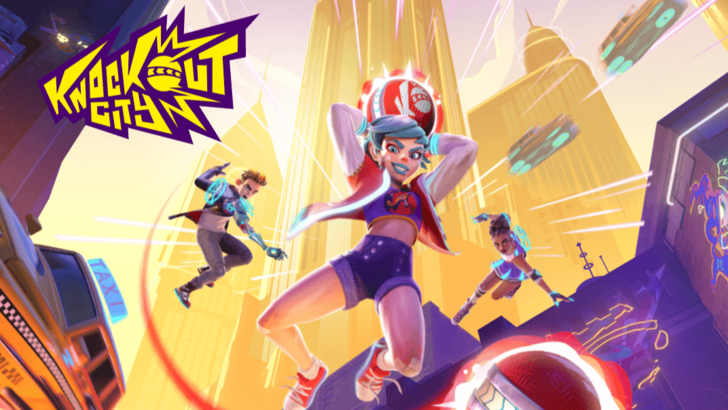
The initiative also aims to extend accountability to free-to-play games that incorporate microtransactions. Scott pointed out, "if you've bought a microtransaction as a product, and the game becomes unplayable, you've essentially lost that product."
There are precedents for this approach. For instance, Knockout City was discontinued in June 2023 but later re-released as a free-to-play standalone game with private server support, allowing all items and cosmetics to be accessed freely and enabling players to host their own servers.
However, the initiative does not demand that publishers:
⚫︎ Relinquish intellectual property rights
⚫︎ Surrender source code
⚫︎ Provide endless support
⚫︎ Host servers indefinitely
⚫︎ Assume liability for customer actions
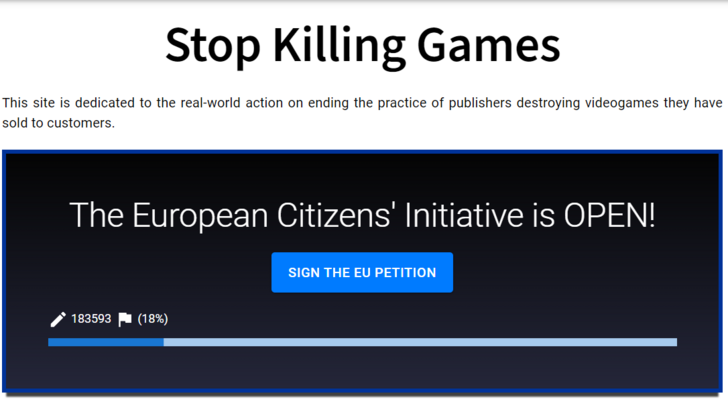
To support this cause, visit the "Stop Killing Games" website and add your signature to the petition. Remember, you can only sign once, and any errors will invalidate your signature. The website offers country-specific guidance to help avoid such mistakes.
Ross Scott highlighted in his video that even those outside Europe can contribute by spreading awareness of the initiative. The ultimate aim is to create "a ripple effect across the video game industry, preventing publishers from destroying more games."
Latest Articles




![Taffy Tales [v1.07.3a]](https://imgs.anofc.com/uploads/32/1719554710667e529623764.jpg)





